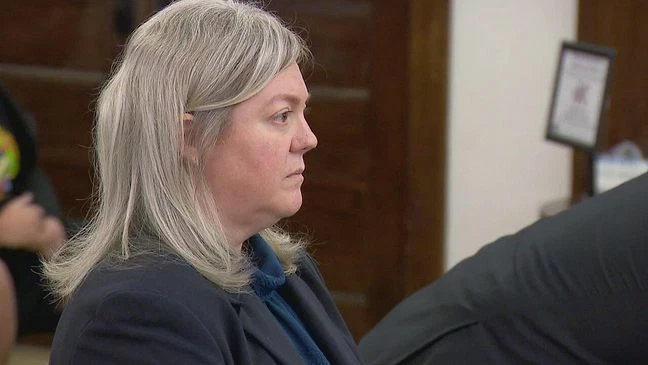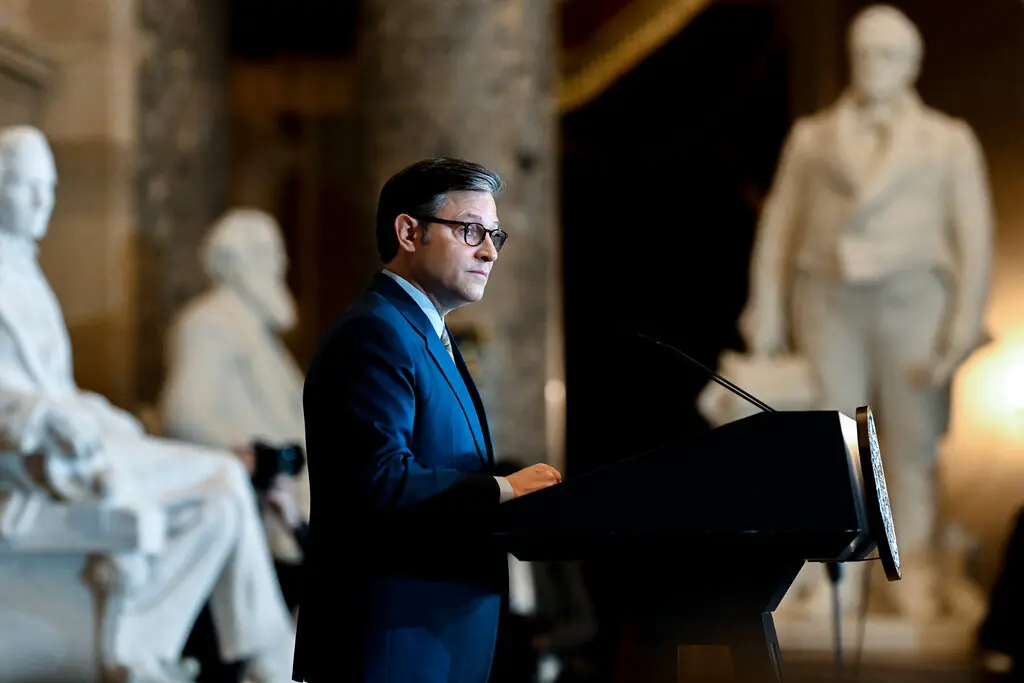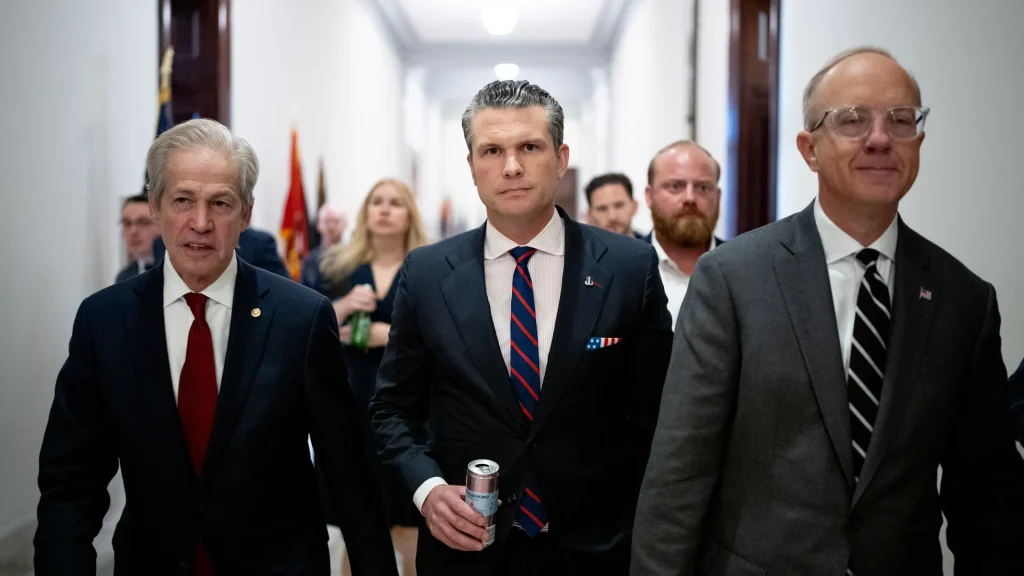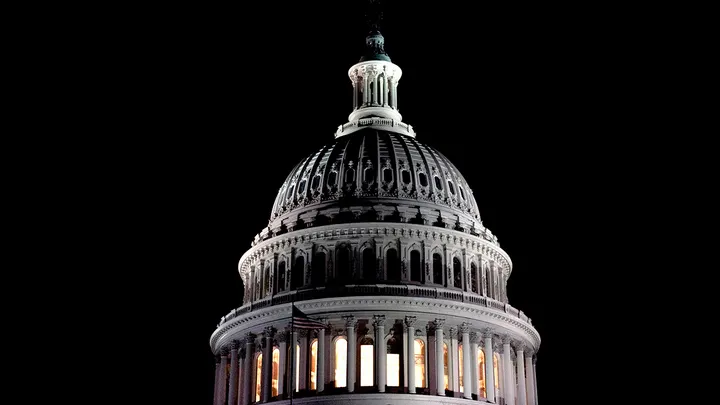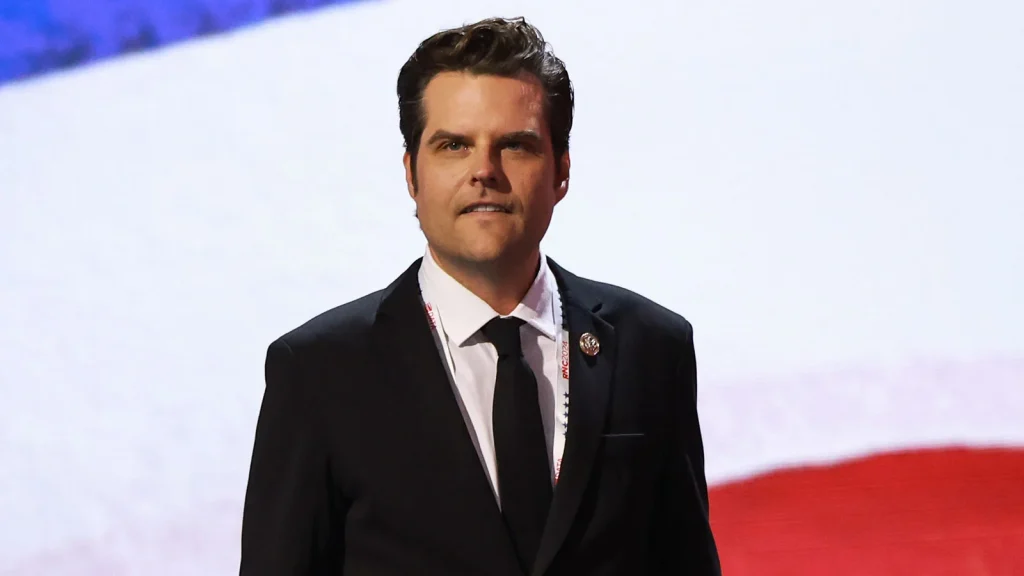Republicans’ Big Idea for Remaking Public Education Hits Voter Resistance
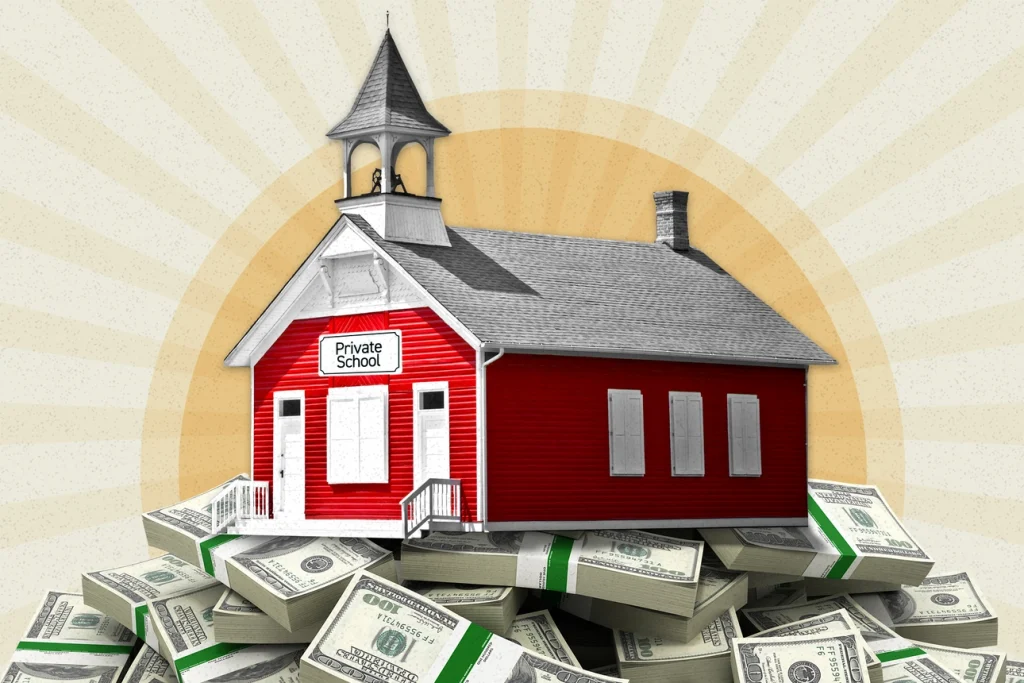
In the aftermath of the 2024 elections, Republicans are pushing a bold agenda to overhaul public education in America.
A key component of their strategy is a focus on school choice, particularly through the expansion of charter schools, private school vouchers, and funding for alternatives to traditional public education.
However, despite strong backing from conservative lawmakers and a vocal minority of parents, this ambitious educational reform plan has faced growing resistance from voters, educators, and policymakers.
The Republican Vision for Public Education Reform
For years, Republicans have championed school choice as a way to improve education by providing families with alternatives to traditional public schools.
The theory behind this approach is that competition will lead to better educational outcomes, as schools will be incentivized to improve to attract students.
The party has proposed initiatives to expand private school vouchers, which would allow families to use public funds to send their children to private schools, including religious institutions.
Additionally, Republicans have pushed for increasing funding for charter schools—publicly funded but independently run schools with more flexibility in curriculum and operations.
This vision is also seen as a response to what many conservatives view as a failing public education system, with concerns over issues such as inadequate performance, a lack of discipline, and what they perceive as ideological indoctrination in some school curricula.
Republican leaders argue that by allowing parents to have more control over their children’s education, they can ensure a better fit between students’ needs and educational options, thus creating more personalized and effective learning environments.
Growing Resistance Among Voters
Despite its theoretical appeal to some voters, particularly in conservative and rural areas, the Republican plan for remaking public education has met with significant resistance from various quarters.
In key battleground states, proposals for school choice and privatization have failed to gain the widespread support needed to pass through legislatures or ballot measures.
One of the major reasons for this resistance is concern over the impact of these policies on public schools. Critics argue that diverting public funds to private schools through vouchers and charter school expansions will drain resources from already underfunded public schools, exacerbating inequality in education.
Public school advocates warn that these policies would disproportionately benefit wealthier families who can already afford private education, leaving lower-income students and communities behind.
Additionally, teachers’ unions and education advocacy groups have raised alarms over the potential long-term consequences of these reforms.
They argue that charter schools, which operate with fewer regulations than traditional public schools, could lead to lower standards and reduced accountability.
Similarly, opponents of voucher systems contend that they could siphon money away from public schools, creating a system where only the most affluent children can benefit from educational choices while public schools continue to suffer from budget shortfalls.
In some states, these concerns have led to organized opposition and voter backlash. For example, in Arizona, where Republicans have pushed for an expansion of school vouchers, efforts to broaden the voucher system have faced strong resistance in recent years.
In 2022, voters rejected a proposal to expand the state’s private school voucher program, showing that even in a traditionally conservative state, voters are hesitant to embrace wide-reaching changes to the education system.
Voters in other states have also pushed back against similar measures. In Nevada, for example, a 2022 ballot initiative that sought to expand school choice options faced intense opposition from a coalition of teachers, parents, and education groups.
The campaign highlighted the potential risks of diverting funds from public schools to private institutions, and ultimately, the measure was defeated.
The Role of Teachers and Unions
Teachers and education unions have played a pivotal role in the resistance to Republican education reform proposals. With their large membership base and political clout, unions like the National Education Association (NEA) and the American Federation of Teachers (AFT) have mobilized voters against school choice initiatives, arguing that such policies would undermine the quality of public education and lead to the privatization of what they see as a public good.
These unions have been particularly vocal about the potential for Republican proposals to create a two-tiered education system, with private institutions benefiting from public funds while public schools, which serve the majority of students, are left to struggle with reduced resources.
Teachers, many of whom are already overworked and underpaid, are concerned that the expansion of charter schools and vouchers could lead to further erosion of public education, which they argue is the bedrock of a strong democracy.
The unions have also raised concerns about the potential loss of teacher job security and benefits. Charter schools and private institutions often operate with less job protection for educators, and there is a fear that as more funding is diverted away from public schools, teaching jobs will become less stable and less well-compensated.
This, in turn, could lead to a decline in teacher morale and retention, further exacerbating the challenges facing public education.
The Economic Impact and Equity Concerns
Another critical point of contention is the economic impact of Republican education reforms. Critics argue that shifting funds from public schools to private schools and charter schools could lead to a widening educational divide between rich and poor students.
Wealthier families would likely be better positioned to benefit from school choice, as they often have the resources to supplement private school costs even if vouchers cover only a portion of tuition.
In contrast, lower-income families may find it difficult to access private schools, especially if those schools are located far from their communities or charge additional fees not covered by vouchers.
Moreover, the economic challenges that public schools already face—including underfunding, overcrowded classrooms, and outdated materials—would likely be exacerbated by the loss of funding to charter schools and private institutions.
For many school districts, the cuts to funding could mean the loss of important programs such as arts education, special education, and extracurricular activities, which have already been under financial strain in recent years.
Proponents of school choice argue that such reforms would increase competition and drive improvements in education. However, the economic realities suggest that the benefits of such competition may not be evenly distributed.
Wealthier districts with already robust educational systems could see improvements, but poorer districts might suffer even more from the diversion of resources.
As Republicans continue to push for educational reform through expanded school choice, the resistance they are encountering from voters, teachers, and advocacy groups underscores the complexity of the issue.
While the idea of giving parents more control over their children’s education has undeniable appeal to some, particularly in areas with struggling public schools, the potential negative consequences for public education cannot be ignored.
The pushback against these reforms suggests that, for many Americans, the priority is ensuring the strength and sustainability of the public education system.
Voters are concerned that dismantling public schools and redirecting resources to private institutions could harm the education system as a whole, particularly for those who rely on public schools as their primary educational option.
The future of education reform in the U.S. will likely depend on finding a balance between school choice and the preservation of public education.
As the debate over education policy continues, it will be essential for policymakers to carefully consider the long-term impacts of their proposals, particularly in terms of equity, funding, and the quality of education for all students.


